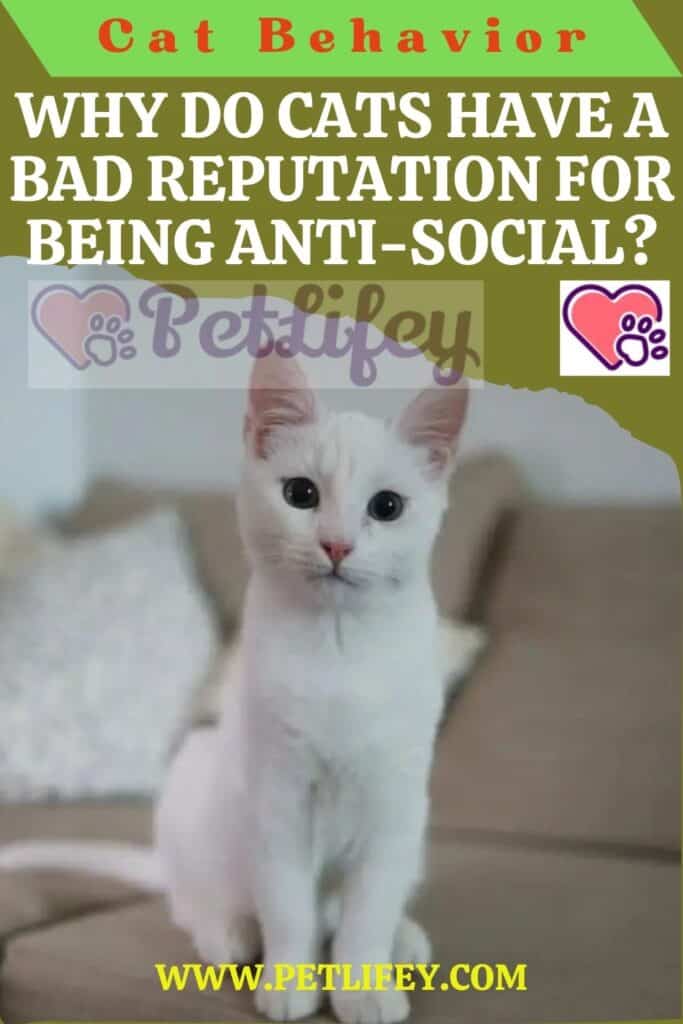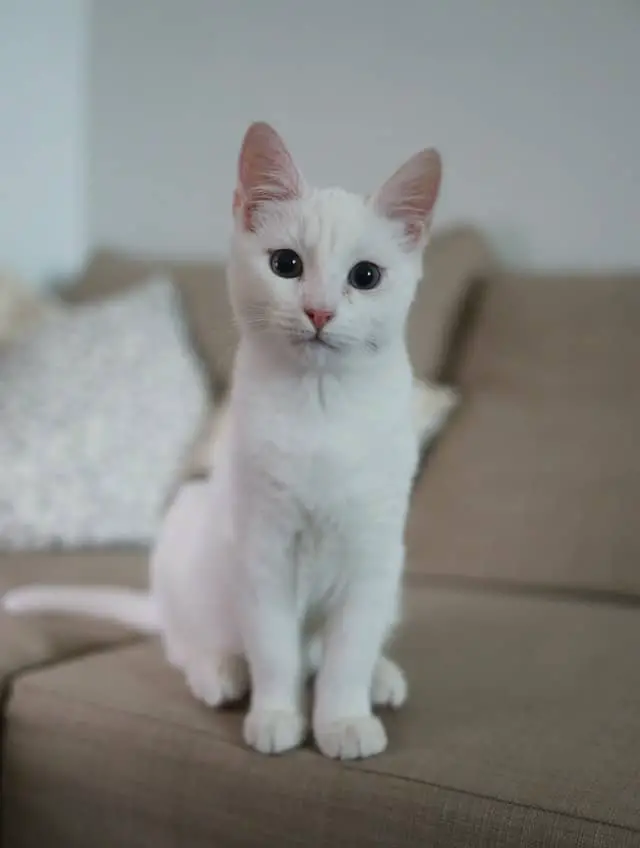
Careless, ungrateful, selfish … Or simply independent, solitary and discreet? The battle of words rages gently over whether cats are beings who take pleasure in making us turn goat by their indifference, or if it is just their character. Let’s try to find out more!
All The same ?
Of course, there are obviously differences depending on the character of each animal. Your tomcat is perhaps a ball of affection lined with a pot of glue always in search of caresses and hugs, when others barely deign to glance at us when they return from a day frolicking outside …
Which sometimes tends to treat humans as ungrateful – whom we love, but ungrateful nonetheless – incapable of showing empathy. However, does that make them asocial egoists who do not know how to pay a minimum of attention to the one who fills his bowl every day?
We can imagine not. Let us not forget that their behaviour – like that of humans for that matter – is the result of centuries and centuries of evolution. Let us also not lose sight of the fact that sociability also depends on the way in which the kitten was treated when coming into the world, mainly if its weaning went well and did not take place too early.
Independence in the genes
Before its domestication by humans about 10,000 years ago, the cat was in essence a very independent wild and solitary animal, whose hunting instinct allowed its survival. The first “domestication” began because humans used cats to hunt parasites that threatened crops, at the cost of a little food.
In other words, the “function” of cats was… To hunt and eat small rodents and reptiles, which is not that different from their wild state. The only thing that changes is the proximity to humans and their environment. Then, the felines with a more “social” character did not hesitate to stay in these places to take advantage of the easily accessible food.
This is where the genetic split between domestic cats and feral cats comes into play. The former have become accustomed to Man, and the latter have kept a strong lonely and independent spirit . But these two types of cat continued to reproduce together, which explains the diversity of their characters today !
Different communication

Contrary to what their detractors like to think, cats are not callous and unintelligent beings. In addition to feeling a lot of love for their owners, they perceive what is going on around them, and are even able to tell if a conversation brings up a positive topic or brings out negative characters. This allows them to react accordingly.
In the first case, a cat will more easily adopt a positive behaviour (seeking caresses, hugs, etc.). But in the second situation, this emotional demonstration drops off a lot. This can be verified, for example, when we are sad: the cat will notice our condition, but not necessarily come to comfort us on its own.
It is its presence and its purrs that soothe us. The fact that a cat does not systematically come to humans therefore depends on its own character and its genetic profile. But, whether it is more or less sociable does not prevent them from giving them all the affection it deserves!






